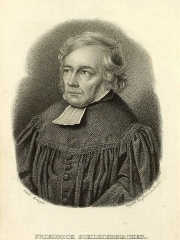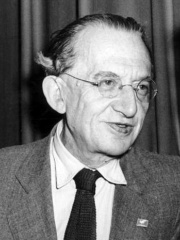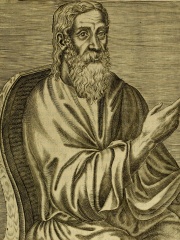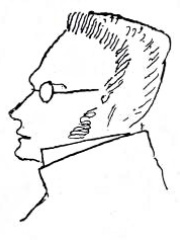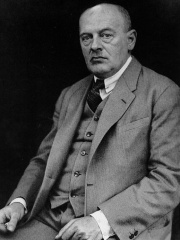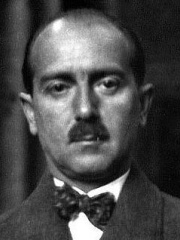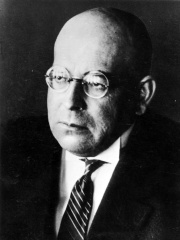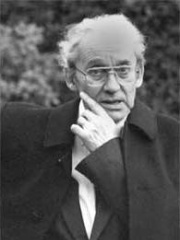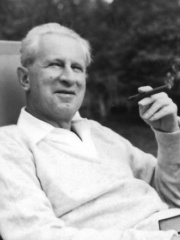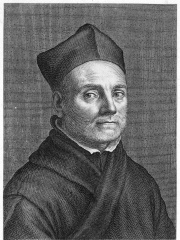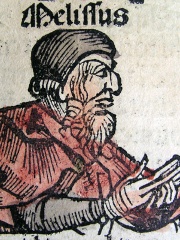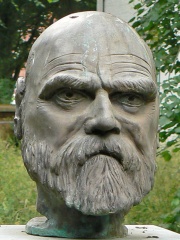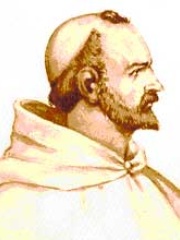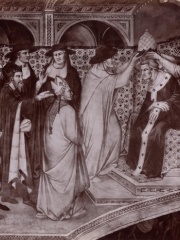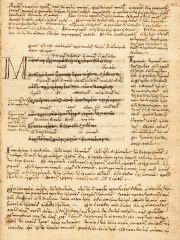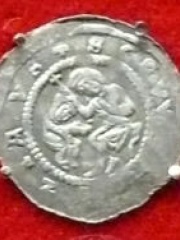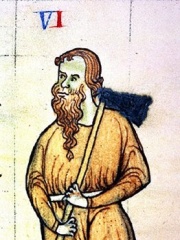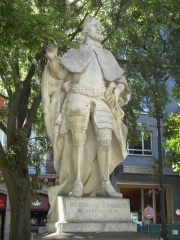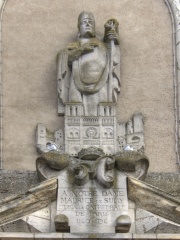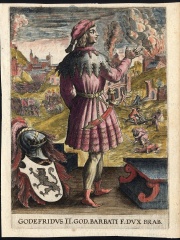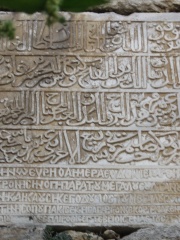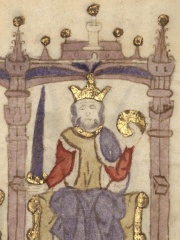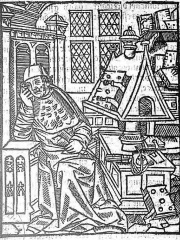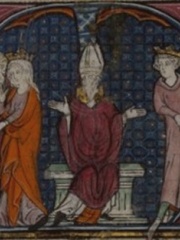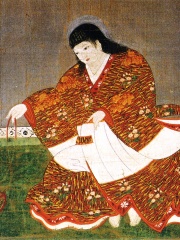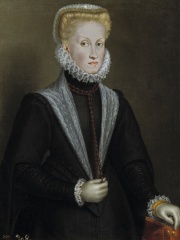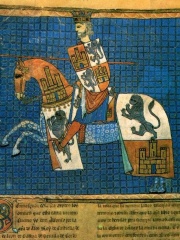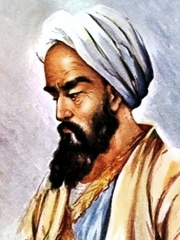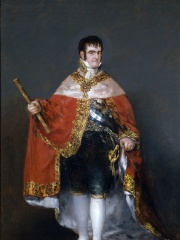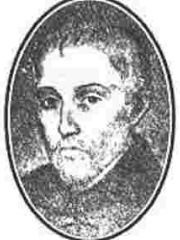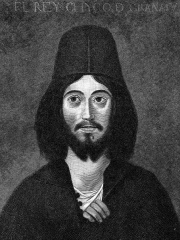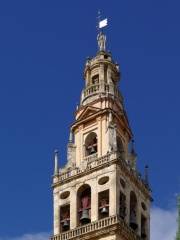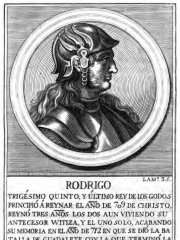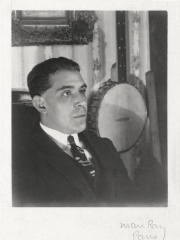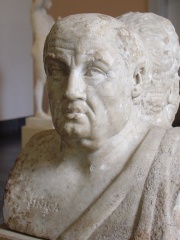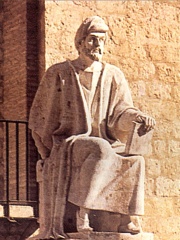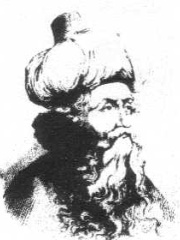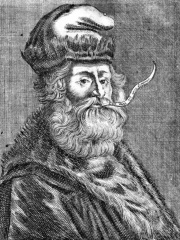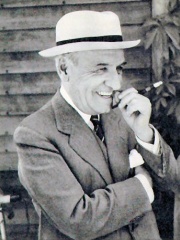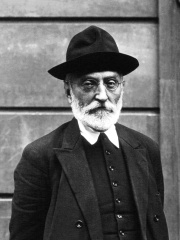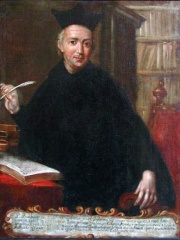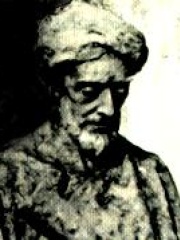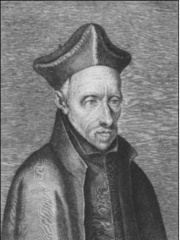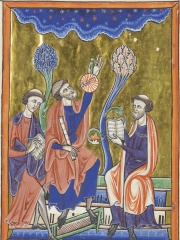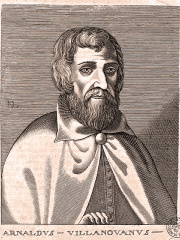Philosopher
Ibn Tufail
1110 - 1185
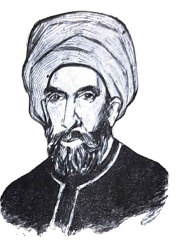
 Ibn Tufail
Ibn Tufail
Ibn Tufail was a philosopher born in 1110 in , which is now part of modern day Guadix, Spain. Ibn Tufail died at 75 years old in NaN.
His biography is available in 46 different languages on Wikipedia (up from 44 in 2024). Ibn Tufail is the 161st most popular philosopher (up from 187th in 2024), the 83rd most popular biography from Spain (up from 93rd in 2019) and the 5th most popular Spanish Philosopher.
Ibn Tufail is most famous for his philosophical novel, "Hayy ibn Yaqzan" (meaning "Alive, son of Awake"). The book, written in Arabic, tells the story of a man who is raised in isolation on an island and discovers the world through his own observations and reasoning. The book was an early example of philosophical fiction and had a major influence on later European thinkers, including Gottfried Leibniz, Baruch Spinoza, and George Berkeley.
Memorability Metrics
Page views of Ibn Tufail by language
Among Philosophers
Among philosophers, Ibn Tufail ranks 161 out of 1,267. Before him are Friedrich Schleiermacher, György Lukács, Clement of Alexandria, Max Stirner, Max Scheler, and Hans Kelsen. After him are Oswald Spengler, Paul Ricœur, Herbert Marcuse, Athanasius Kircher, Melissus of Samos, and Ferdinand Tönnies.
Most Popular Philosophers in Wikipedia
Go to all RankingsFriedrich Schleiermacher
1768 - 1834
HPI: 75.81
Rank: 155
György Lukács
1885 - 1971
HPI: 75.73
Rank: 156
Clement of Alexandria
150 - 215
HPI: 75.69
Rank: 157
Max Stirner
1806 - 1856
HPI: 75.62
Rank: 158
Max Scheler
1874 - 1928
HPI: 75.62
Rank: 159
Hans Kelsen
1881 - 1973
HPI: 75.57
Rank: 160
Ibn Tufail
1110 - 1185
HPI: 75.54
Rank: 161
Oswald Spengler
1880 - 1936
HPI: 75.52
Rank: 162
Paul Ricœur
1913 - 2005
HPI: 75.48
Rank: 163
Herbert Marcuse
1898 - 1979
HPI: 75.47
Rank: 164
Athanasius Kircher
1602 - 1680
HPI: 75.44
Rank: 165
Melissus of Samos
470 BC - 430 BC
HPI: 75.38
Rank: 166
Ferdinand Tönnies
1855 - 1936
HPI: 75.37
Rank: 167
Contemporaries
Among people born in 1110, Ibn Tufail ranks 2. Before him is Pope Lucius III. After him are Antipope Paschal III, John of Salisbury, John Tzetzes, Vladislaus II, Duke of Bohemia, Odo de St Amand, Diarmait Mac Murchada, García Ramírez of Navarre, Maurice de Sully, Godfrey II, Count of Louvain, and Kaykaus I. Among people deceased in 1185, Ibn Tufail ranks 5. Before him are Baldwin IV of Jerusalem, Pope Lucius III, Afonso I of Portugal, and Chrétien de Troyes. After him are Andronikos I Komnenos, Bhāskara II, Agnes of Courtenay, Emperor Antoku, Manuel Komnenos, Andronikos Doukas Angelos, and John Kinnamos.
Others Born in 1110
Go to all RankingsPope Lucius III
RELIGIOUS FIGURE
1110 - 1185
HPI: 79.36
Rank: 1
Ibn Tufail
PHILOSOPHER
1110 - 1185
HPI: 75.54
Rank: 2
Antipope Paschal III
RELIGIOUS FIGURE
1110 - 1168
HPI: 69.59
Rank: 3
John of Salisbury
PHILOSOPHER
1110 - 1180
HPI: 67.49
Rank: 4
John Tzetzes
WRITER
1110 - 1180
HPI: 66.58
Rank: 5
Vladislaus II, Duke of Bohemia
POLITICIAN
1110 - 1174
HPI: 65.97
Rank: 6
Odo de St Amand
POLITICIAN
1110 - 1179
HPI: 65.79
Rank: 7
Diarmait Mac Murchada
POLITICIAN
1110 - 1171
HPI: 65.19
Rank: 8
García Ramírez of Navarre
POLITICIAN
1110 - 1150
HPI: 64.75
Rank: 9
Maurice de Sully
RELIGIOUS FIGURE
1110 - 1196
HPI: 64.55
Rank: 10
Godfrey II, Count of Louvain
NOBLEMAN
1110 - 1142
HPI: 64.29
Rank: 11
Kaykaus I
POLITICIAN
1110 - 1220
HPI: 63.52
Rank: 12
Others Deceased in 1185
Go to all RankingsBaldwin IV of Jerusalem
POLITICIAN
1161 - 1185
HPI: 83.71
Rank: 1
Pope Lucius III
RELIGIOUS FIGURE
1110 - 1185
HPI: 79.36
Rank: 2
Afonso I of Portugal
POLITICIAN
1109 - 1185
HPI: 77.46
Rank: 3
Chrétien de Troyes
WRITER
1135 - 1185
HPI: 75.68
Rank: 4
Ibn Tufail
PHILOSOPHER
1110 - 1185
HPI: 75.54
Rank: 5
Andronikos I Komnenos
POLITICIAN
1118 - 1185
HPI: 74.21
Rank: 6
Bhāskara II
MATHEMATICIAN
1114 - 1185
HPI: 73.90
Rank: 7
Agnes of Courtenay
COMPANION
1133 - 1185
HPI: 71.35
Rank: 8
Emperor Antoku
POLITICIAN
1178 - 1185
HPI: 65.73
Rank: 9
Manuel Komnenos
POLITICIAN
1143 - 1185
HPI: 64.81
Rank: 10
Andronikos Doukas Angelos
POLITICIAN
1130 - 1185
HPI: 64.75
Rank: 11
John Kinnamos
HISTORIAN
1143 - 1185
HPI: 64.30
Rank: 12
In Spain
Among people born in Spain, Ibn Tufail ranks 83 out of 3,355. Before him are Anna of Austria, Queen of Spain (1549), Francisco Gento (1933), Alfonso X of Castile (1221), Maria Anna of Spain (1606), Amancio Ortega (1936), and Avempace (1080). After him are Ferdinand VII of Spain (1784), Tomás Luis de Victoria (1548), Muhammad XII of Granada (1459), Abbas ibn Firnas (810), Roderic (688), and Juan Gris (1887).
Others born in Spain
Go to all RankingsAnna of Austria, Queen of Spain
POLITICIAN
1549 - 1580
HPI: 75.98
Rank: 77
Francisco Gento
SOCCER PLAYER
1933 - 2022
HPI: 75.90
Rank: 78
Alfonso X of Castile
WRITER
1221 - 1284
HPI: 75.86
Rank: 79
Maria Anna of Spain
POLITICIAN
1606 - 1646
HPI: 75.77
Rank: 80
Amancio Ortega
BUSINESSPERSON
1936 - Present
HPI: 75.76
Rank: 81
Avempace
ASTRONOMER
1080 - 1138
HPI: 75.62
Rank: 82
Ibn Tufail
PHILOSOPHER
1110 - 1185
HPI: 75.54
Rank: 83
Ferdinand VII of Spain
POLITICIAN
1784 - 1833
HPI: 75.48
Rank: 84
Tomás Luis de Victoria
COMPOSER
1548 - 1611
HPI: 75.47
Rank: 85
Muhammad XII of Granada
POLITICIAN
1459 - 1532
HPI: 75.37
Rank: 86
Abbas ibn Firnas
INVENTOR
810 - 887
HPI: 75.27
Rank: 87
Roderic
POLITICIAN
688 - 711
HPI: 75.27
Rank: 88
Juan Gris
PAINTER
1887 - 1927
HPI: 75.25
Rank: 89
Among Philosophers In Spain
Among philosophers born in Spain, Ibn Tufail ranks 5. Before him are Seneca the Younger (-4), Averroes (1126), Ibn Arabi (1165), and Ramon Llull (1232). After him are José Ortega y Gasset (1883), Miguel de Unamuno (1864), Baltasar Gracián (1601), Solomon ibn Gabirol (1021), Francisco Suárez (1548), Abraham ibn Ezra (1089), and Arnaldus de Villa Nova (1240).
Seneca the Younger
4 BC - 65
HPI: 86.81
Rank: 1
Averroes
1126 - 1198
HPI: 86.05
Rank: 2
Ibn Arabi
1165 - 1240
HPI: 80.85
Rank: 3
Ramon Llull
1232 - 1316
HPI: 77.38
Rank: 4
Ibn Tufail
1110 - 1185
HPI: 75.54
Rank: 5
José Ortega y Gasset
1883 - 1955
HPI: 74.71
Rank: 6
Miguel de Unamuno
1864 - 1936
HPI: 73.57
Rank: 7
Baltasar Gracián
1601 - 1658
HPI: 73.52
Rank: 8
Solomon ibn Gabirol
1021 - 1058
HPI: 73.35
Rank: 9
Francisco Suárez
1548 - 1617
HPI: 73.14
Rank: 10
Abraham ibn Ezra
1089 - 1167
HPI: 71.20
Rank: 11
Arnaldus de Villa Nova
1240 - 1311
HPI: 70.69
Rank: 12
